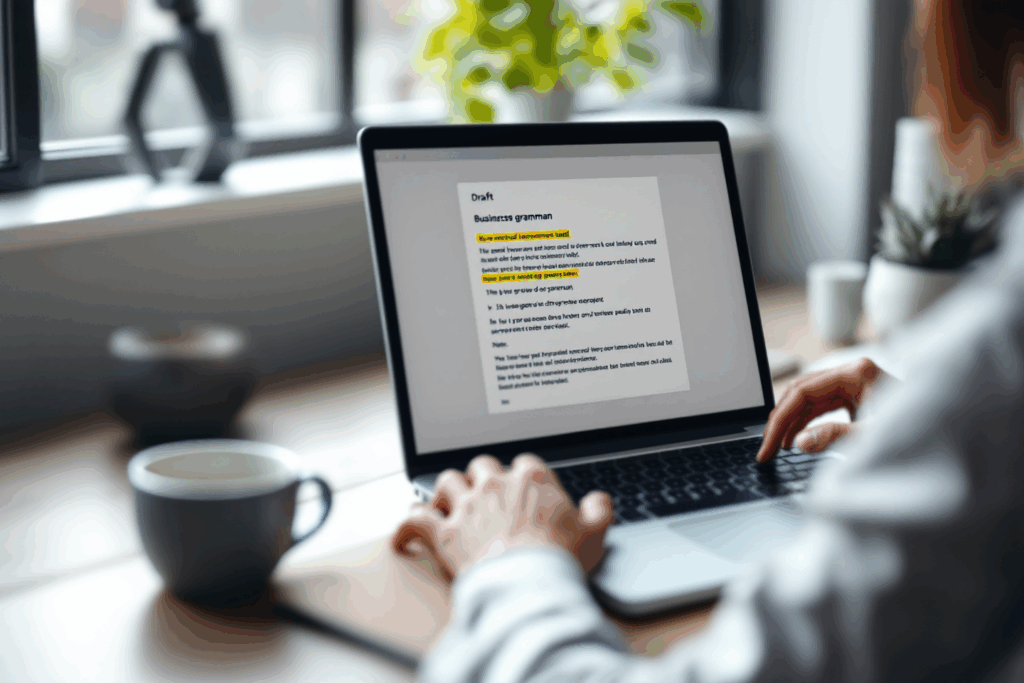
Present Simple Tense 1
English Blogs “Let’s Learn, Explore, and Connect to the World” Present Simple Tense 1 I. Introduction to the Present Simple Tense in English Mastering the



The ability to ask questions and form negative statements is a crucial part of mastering any tense in English. This is no different for the Past Perfect Tense, which allows for nuanced inquiries and negations regarding past events. This section will provide guidance on creating these structures effectively.
To form questions in the Past Perfect Tense, we follow a specific structure. The auxiliary verb “had” precedes the subject, followed by the past participle of the main verb. Here’s the formula:
When forming questions, it’s essential to maintain this order to ensure clarity and correctness. For example:

Had you finished your homework before the movie started?
This question structure is particularly useful when you want to inquire about the completion of an action before another past event.
Responses to Past Perfect questions typically follow the same structure as other tenses:
Yes, I had.
No, I hadn’t.
Short answers maintain the auxiliary verb “had,” aligning with the tense of the question.
Negative statements in the Past Perfect are formed by inserting “not” after “had.” The structure looks like this:
The contraction “hadn’t” is commonly used in spoken English and informal writing. For example:

She hadn’t seen the news before she left the house.
This construction is used to negate the occurrence of an action before another point in time in the past.
 Asking About Past Experiences: Use questions in the Past Perfect to inquire about experiences up to a certain point in the past. This can be particularly useful in interviews or historical discussions.
Asking About Past Experiences: Use questions in the Past Perfect to inquire about experiences up to a certain point in the past. This can be particularly useful in interviews or historical discussions.
 Clarifying Sequences of Events: When the sequence of past events is unclear, use the Past Perfect to ask clarifying questions. This ensures that the chronological relationship between actions is understood.
Clarifying Sequences of Events: When the sequence of past events is unclear, use the Past Perfect to ask clarifying questions. This ensures that the chronological relationship between actions is understood.
 Expressing Uncertainty or Denial: Negative forms can express doubt, negate previous assumptions, or correct misunderstandings about past events.
Expressing Uncertainty or Denial: Negative forms can express doubt, negate previous assumptions, or correct misunderstandings about past events.
Convert Statements: Take affirmative sentences in the Past Perfect and convert them into questions and negative statements. This exercise helps solidify understanding of the structure.
Role-playing: Engage in role-playing exercises where one person asks questions using the Past Perfect, and another responds. This can help you practice forming and answering questions naturally.
Writing Exercises: Write dialogues or short stories incorporating questions and negatives in the Past Perfect. This helps understand their practical use in context.
Understanding how to form questions and negatives in the Past Perfect Tense expands your ability to discuss and inquire about past actions and situations with greater depth. This knowledge is invaluable for clear and accurate historical narration, storytelling, and everyday conversation.

English Blogs “Let’s Learn, Explore, and Connect to the World” Present Simple Tense 1 I. Introduction to the Present Simple Tense in English Mastering the

English Blogs “Let’s Learn, Explore, and Connect to the World” Present Simple Tense 2 II. Understanding the Present Simple Tense Definition and Structure At its

Explore the world confidently with ‘Travel English’ by Allison Kate, a comic-style guide full of essential conversations and tips for every traveler. Speak English with ease in airports, hotels, and more!



